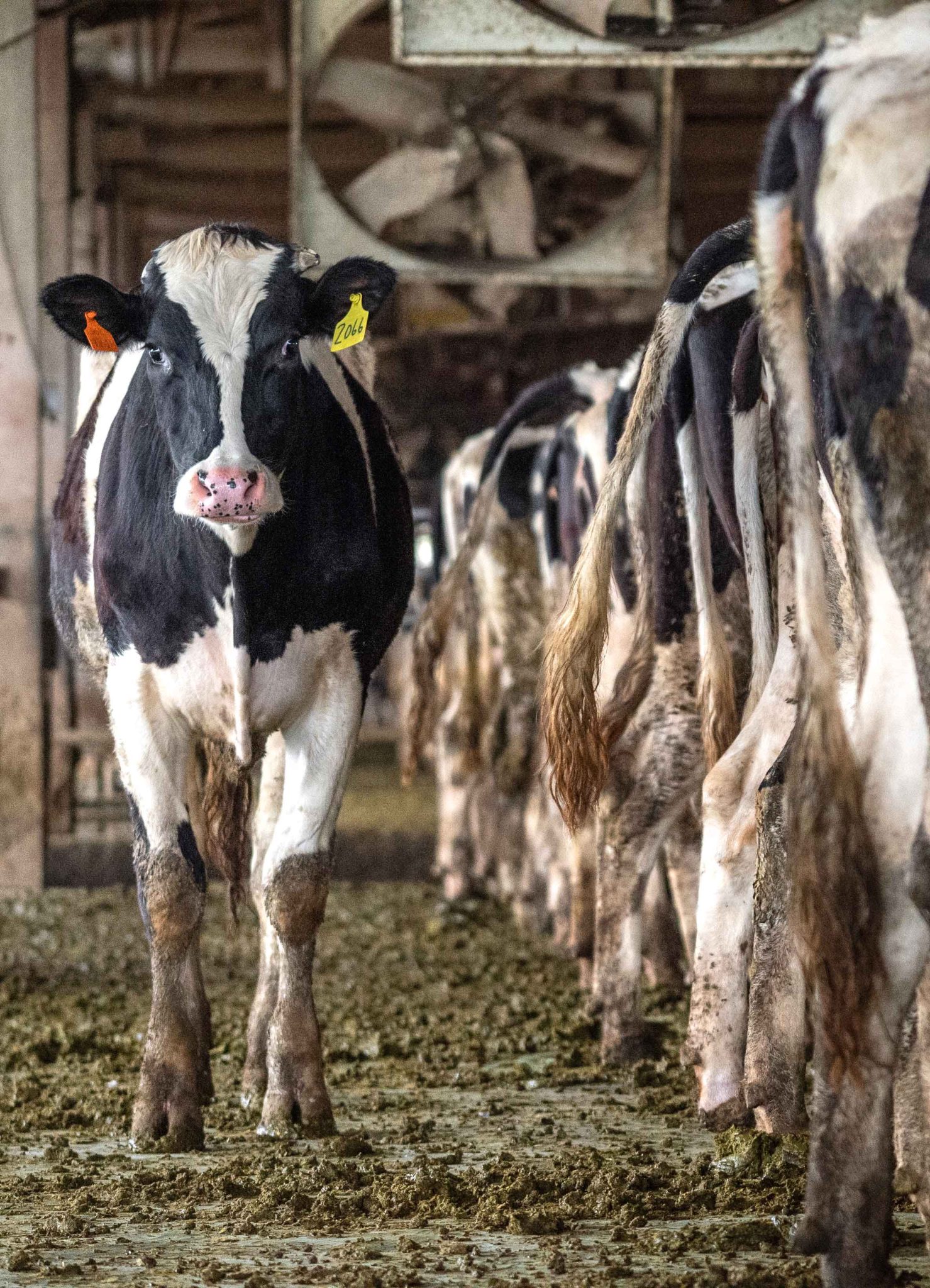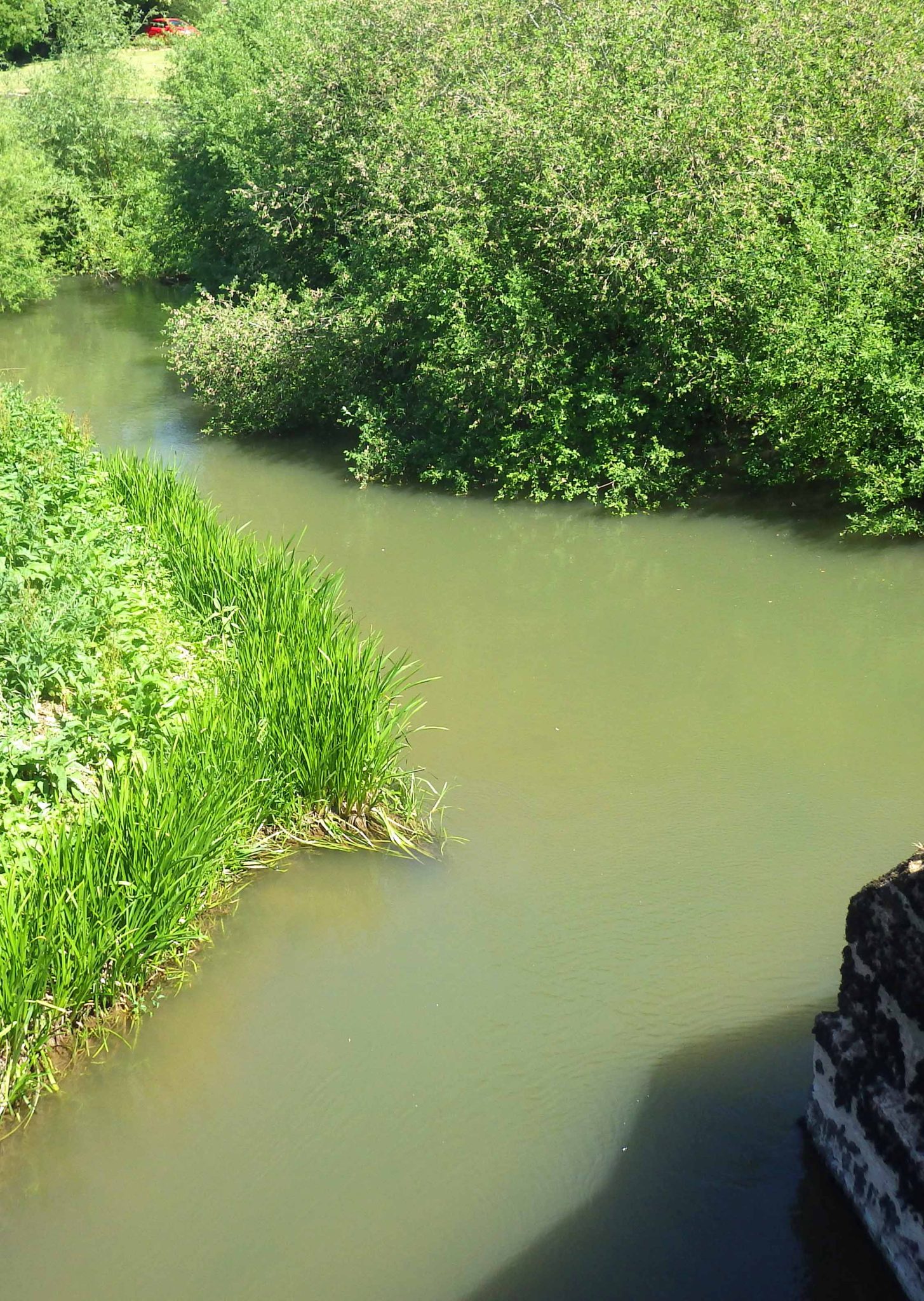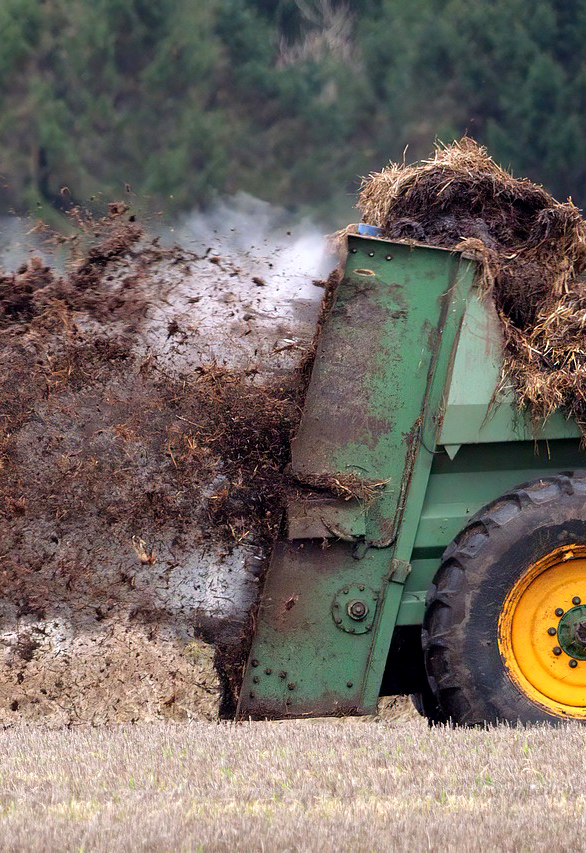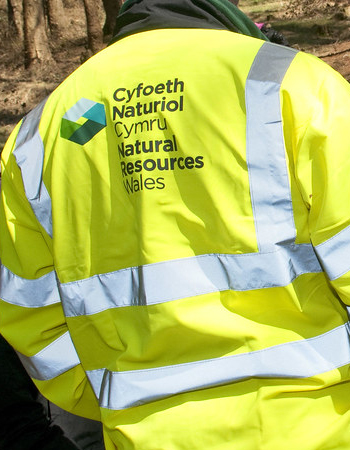
While the media spotlight remains focused on water companies, source apportionment modelling tells us that in Wales, agriculture is the sector with the largest contribution to excessive nutrients in rivers.Â

Plans to introduce a manure spreading licensing scheme for Welsh farms were welcomed widely by organisations concerned with the sorry state of Welsh rivers.

Can we rely of farm businesses to self-report breaches in the new regulations, and on the regulator to check compliance and follow up on any breaches?Â

Natural Resources Wales have stated publicly that it considers the prosecution of polluters to be a failure of regulation. Others would argue that first and foremost, they should consider the pollution in the first instance to be the failure.
Tuesday, 17th October, 2023
Last week Welsh Government issued a statement announcing changes to a proposal to reduce excessive levels of nutrients in rivers originating from agriculture. While media focus has very much been on water companies and storm overflows, source apportionment modelling has indicated that when it comes to nutrients, agriculture is the sector with the largest impact on water quality in most Welsh rivers.
In October last year, Welsh Government put forward proposals for a licensing scheme to control the amount of livestock manure being applied to land. Part of a series of measures to improve rivers, the scheme would entail farm businesses wanting to spread more than a certain amount of manure each year having to apply for a licence (170 kg of nitrogen per hectare per annum, up to a maximum of 250 kg), which could be granted subject to crop need and other environmental measures. The proposal was to run the scheme up to 2025 initially.Â
Welsh Government’s original proposals in 2022 to introduce a manure spreading licence were met with widespread support.
The proposals were met with widespread support at the time. Afonydd Cymru helped put together a consultation response on behalf of Wales Environment Link, a group of leading environmental non-Governmental organisations.
It was therefore frustrating for us to hear last week that Welsh Government had bowed to internal and external pressures with Lesley Griffiths MS, Minister for Rural Affairs, announcing that the licensing scheme is to be dropped.
In its place will be a form of self-reporting, with farms wanting to spread 170kg/ha or more in nitrogen from livestock manures having to inform Natural Resources Wales beforehand. This, the Minister claimed, “”¦..replaces the proposed licence application process, whilst retaining the principles consulted upon and for which the consultation showed support.”
The new approach will, of course, be largely reliant on farm compliance. But can we assume this? What is to be the sanction for not complying and how will Natural Resources Wales know about non-compliance? Have they the capacity to deal with the burden of being notified of likely non-compliance and regulating the application of excess nutrient?Â
Can we rely on farm businesses to self-report and how will under-funded Natural Resources Wales ensure compliance?
One of the recurring themes of a Senedd debate on scrutiny of Natural Resources Wales earlier this month was that too much was being asked of the regulator with the resources it had been allocated. Ironically, a licensing scheme for manure spreading should, as is the case with the regulation of other sectors, be funded through an accompanying charging scheme to cover the costs of inspections and enforcement. The amended proposal removes that opportunity. If the regulations are enforced, it adds to Natural Resources Wales’s resource burden without any new means to pay for it. Previous experience shows that self-reporting can be ineffectual without proper enforcement behind it.
This raises another question: if Natural Resources Wales lack the resources to perform their basic regulatory functions properly, is it not time for the organisation to concentrate on its core duties of regulation? Whether asked to or not, for too long the regulator has been drifting into other roles, especially delivery and advisory services. This is work that can done better and cheaper by others.
If Natural Resources Wales are over-stretched, is it not time it concentrates solely on doing its core purpose of regulation and enforcement properly?
At the same time, its enforcement function (a role that nobody else can do) and culture have become weak to a point where there is a publicly stated belief that prosecution of polluters is a sign of failure, rather than the pollution in the first place.
Outside Government circles, there is a strong belief that until our environmental regulator begins to perform its core duties adequately and starts applying more than just a light touch approach to enforcing pollution-preventing regulations, the current sorry state of Welsh rivers will not improve.
In addition to the concerns over the effectiveness of self-reporting, the licence scheme originally proposed testing soils for both nitrate and phosphorus before spreading took place. While we await the precise requirements (to be announced at the end of November), the statement and the summary of responses suggest that the focus will be on nitrogen with phosphorus excluded from the calculations.
Natural Resources Wales have stated publicly that it considers the prosecution of polluters to be a failure of regulation. Others would argue that the pollution in the first instance is the failure.
The next First Minister Phosphorus Summit, also due to be held at the end of November, will be interesting. Questions over the decision to drop the licence will be asked and disappointment at the general lack of progress on tackling excessive nutrients from the agricultural sector will be expressed.
The agricultural press hailed last week’s decision as good news for farmers ““ “Union and Plaid Cymru claim victory for farmers over controversial NVZ rules” was the headline from the Farmers Guardian. For everyone else, this was a surprising blow to progress in restoring the health of Wales’s rivers, just at a time when the subject appeared to be moving up the political agenda and becoming much more of a vote-winning or losing issue.
More Information:
Written Statement: Nutrient management ““ Managing the application of livestock manures sustainably. 10 October, 2023
Consultation Response: Nutrient management: managing the application of livestock manures sustainably, Wales Environment Link, February 2023
